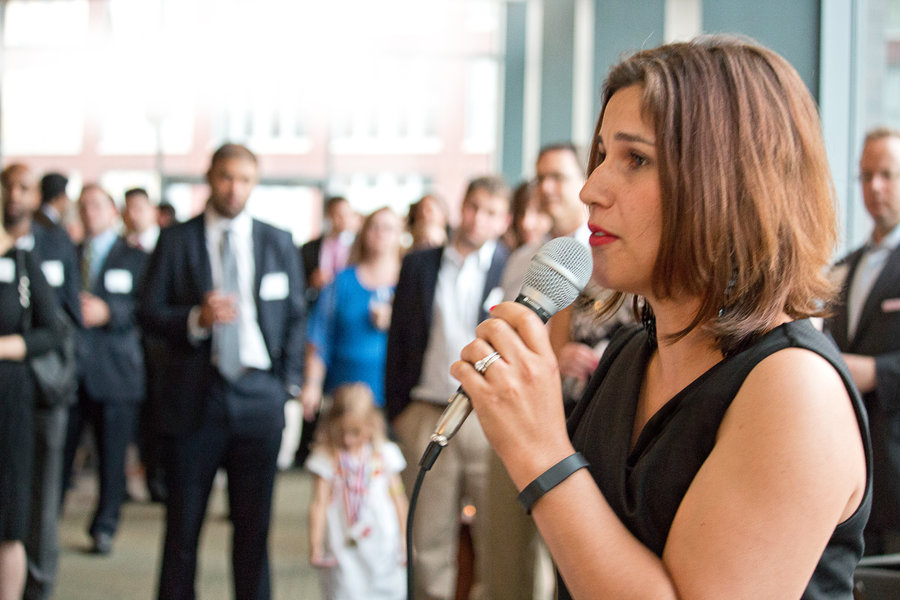Most people worry about money when they need a lawyer to advocate on their behalf. But homeless and poor people have no chance whatsoever to get the legal help they need.
Enter the Waterfront Project.
Founded in 2013, this not-for-profit organization helps vulnerable and disadvantaged people in Hudson County gain access to the justice system. It offers guidance, advice, and representation in more than 50 legal matters, including landlord/tenant, contract negotiations, social security matters, and medical insurance contracts.
The group was started by Father Bob Meyer of St. Peter and Paul parish in Hoboken, who is also an attorney. “When I was assigned to the Hoboken parish, I came to see that it had a very talented congregation,” he says. “We began to think what we could do that would be helpful beyond what other people ordinarily do.”
He kicked around some ideas with Seton Hall’s legal clinic, they hired a director, and the rest is history.
That’s where Founding and Executive Director Elizabeth F. Caraballo, Esq. comes in. A graduate of Seton Hall Law School, she heard about the opening through Seton Hall and applied for the position. At the time she was doing private equity liability work in New York City.
“I was looking for meaningful work,” she says. “I had a toddler, and I was away from him for 12 hours or more. I wanted to do something I was passionate about and began to analyze what drove me and made me happy.”
Caraballo herself came from a very poor immigrant background. Her parents are natives of the Dominican Republic. “It makes me happy to help others,” she says. “I conferred with my husband. I would make three-quarters of the salary, but I could spend more time at home and do something I was passionate about.”
This winter the group held a homelessness summit, the first in the county. “People who don’t have a home or lose their home are taken advantage of,” Caraballo says. “They don’t understand their rights, and it’s often too late to assert their rights.”
Causes and a Calling
Father Bob says that an important takeaway from the summit was “the need to get people to look at the root causes of homelessness and not just apply band-aid solutions.”
Since poor and homeless people know they can’t afford a lawyer, they often don’t even try.
“We sometimes have to conduct interviews in the park because clients who are homeless often don’t feel comfortable coming to an office,” Caraballo says. “They’re ashamed of their appearance. However, we want them to feel dignified, despite that situation.”
The Waterfront Project also serves people who may technically be above the federal poverty guidelines, while other organizations adhere to strict guidelines. The determining factor is whether the prospective client is making enough to raise a family.
The group was able to get a mother and three young girls into a public-housing apartment through negotiations with the housing authority.
“Most people are supportive of what we do,” Caraballo says. “We do amazing, wonderful work, and I’m glad I’m doing it.”
The project goes beyond offering just legal services. “Sometimes people with low economic status need help in knowing how to budget money, in communications skills, or in learning English,” Father Bob says.
The project offers an education network for people who need help in these areas.
The lawyer/priest career is an unusual combination, but Father Bob sees no conflict.
He reminds us, “In Scripture it says, ‘To whom much is given much is expected.’ I have credentials and a little bit of a command to serve those who can’t help themselves.”—Kate Rounds
